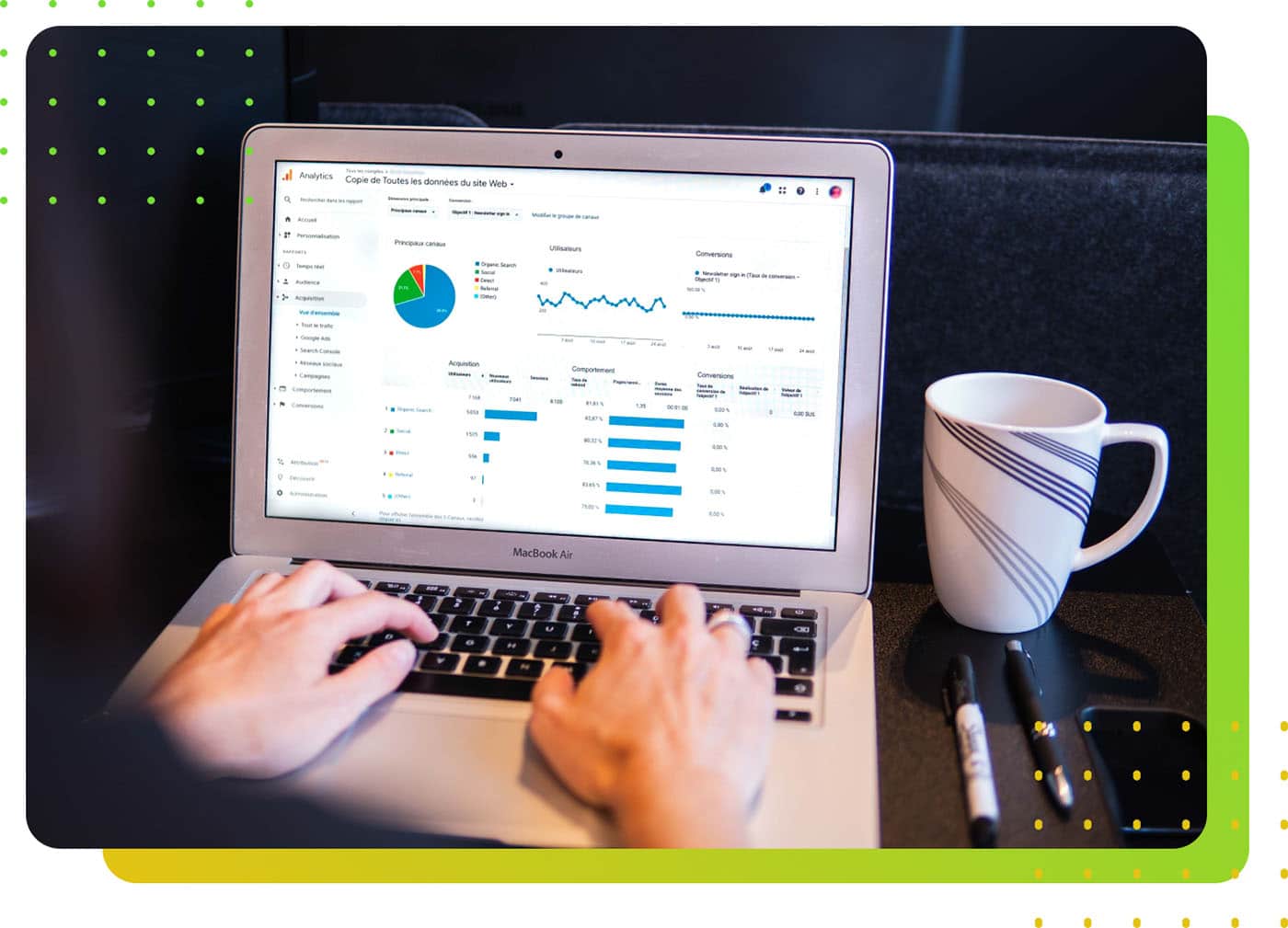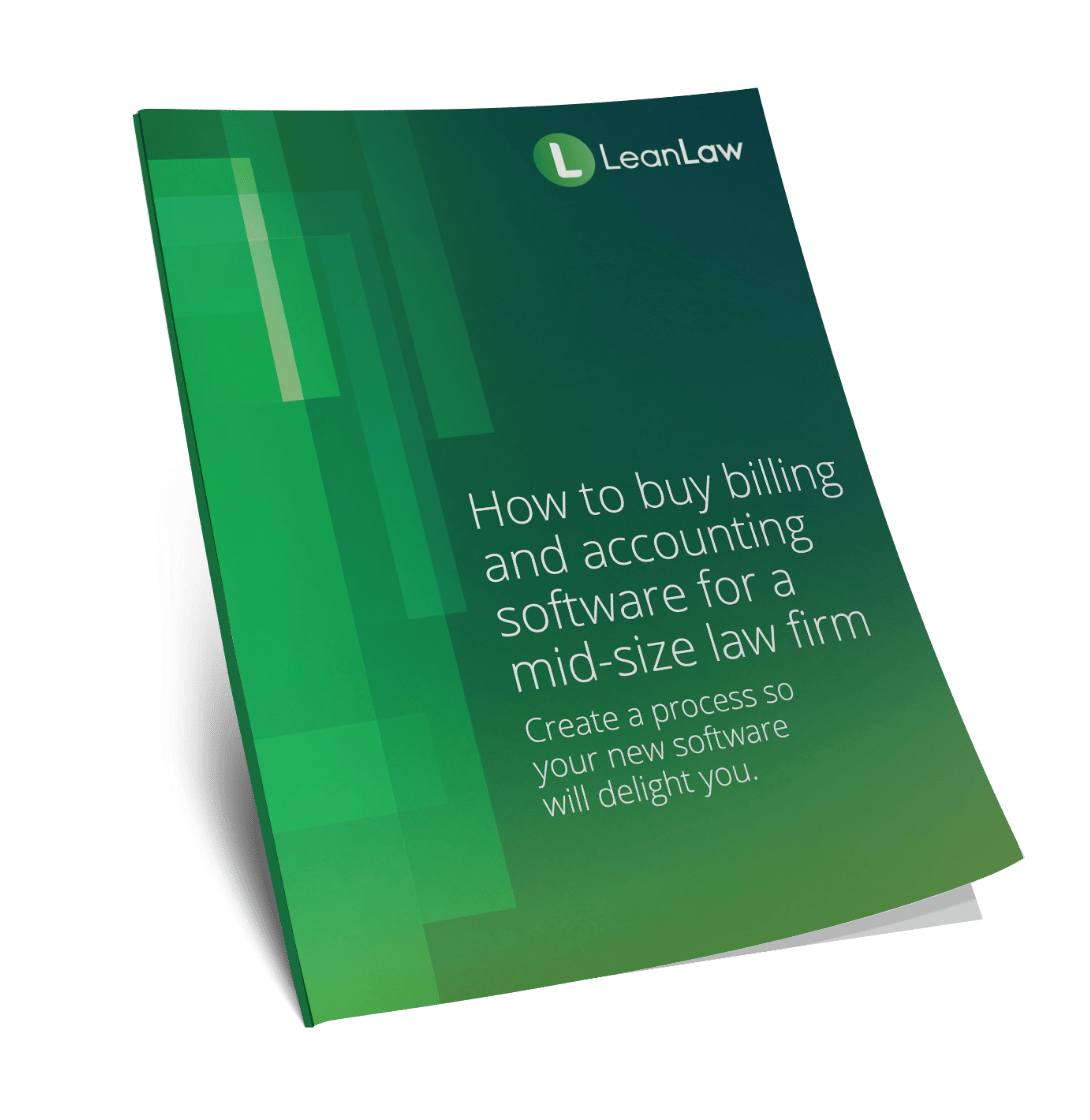
In today’s fast-paced and competitive legal landscape, having efficient practice management software is essential for law firms to thrive.
But knowing what “efficient practice management software” means is no longer as straightforward as it once was.
Having the right practice management software can streamline your legal practice management operations, improve your team’s overall productivity, and enhance many of your client services.

Key Takeaways
- Having the best legal practice management software for your law firm is essential for your business to thrive, but finding that practice management software isn’t as easy as it may seem.
- As technology continues to advance, there are more options than ever before to help you run your law firm, and discovering the pros and cons of each will go a long way in helping you find the best legal practice management solution for your firm.
- Building a tech stack for various tasks has quickly become the most cost-effective and versatile way to manage a law firm instead of the now-antiquated, all-in-one practice management software models of years past.
But with so many options available, legal practices need to choose the best practice management software that aligns with their law firm’s unique needs and goals.
From robust case management and document management features to seamless integration with billing and accounting software, the best practice management software legal solutions will be able to offer a comprehensive suite of tools that are combined to help legal practices operate at their best.
Let’s dive in and find out how your law firm can build the best practice management software system that will meet all of your legal practice’s needs today.
What Does the Term “Law Practice Management Software” Mean Today?
Law practice management software refers to a comprehensive suite of digital tools and solutions designed specifically for law firms to streamline and optimize their daily operations.
Because law firms have some very unique business practice needs, law practice management software must be able to perform a multitude of different tasks to cater to the specific requirements of legal professionals.
These tasks include things like case management and matter management, document management, time tracking and billing, client management, calendaring and task management, legal research integration, and reporting capabilities.

Good practice management software will also prioritize data security and compliance with industry regulations, ensuring that sensitive client information is protected and confidentiality is maintained.
Up until recently, it was considered best practice for a law firm to use an all-in-one law practice management software to address these various needs.
However, as the landscape of legal technology has dramatically evolved in recent years, law firms are now recognizing the value of adopting a more flexible and customizable tech stack approach to their law practice management software needs. Rather that’s a custom software in house or a web based legal practice management software.

This new approach involves integrating specialized legal practice management software tools that are designed to cater to specific areas of law firm management into a firm’s already-existing, standard office software suite. By leveraging the power of integration, law firms can seamlessly connect their hand-picked, customized practice management software to tools they are already likely using, such as Microsoft Office or G Suite.
Not only will this create a cohesive and efficient workflow, but it will also save a firm thousands of dollars in the expensive all-in-one legal practice management software of the past.
The shift from all-in-one software to a tech stack has been driven by the growing recognition that one-size-fits-all solutions may not adequately meet the complex and diverse needs of law firms.
By adopting a tech stack model, law firms can select best-of-breed software for each specific function, such as case management, document management, time tracking, billing, and more. This approach enables firms to leverage the strengths and capabilities of individual software solutions while maintaining seamless integration and data flow between different tools.
Schedule a demo
Today, the term “legal practice management software” means something different than it did in the past.
And that “something different” is making a big difference in the way a law firm conducts its business, resulting in more productive staff time, more accurate billing and accounting practices, and more satisfied clients.
What Does an Effective “Law Practice Management Software Tech Stack” Look Like?

Though the right law practice management software tech stack may look a bit different for every law firm, there are certain aspects that most law firms can’t do without.
Knowing what each of these are will go a long way in helping you to decide what you need to add to your stack and what you already have in place.
No one wants to reinvent the wheel, right? Chances are that you don’t need to!
Let’s look at some of the most common (and necessary) law practice legal software tools that you’ll want to have in place when designing your own tech stack of law practice management solutions to run your firm as effectively as possible.
- Contact Management and Case Management Software: Contact management and case management software is the foundation of a law firm’s tech stack. It helps organize and track case information, deadlines, tasks, and documents.
With robust features like matter management, document management, and calendaring, it streamlines workflows and ensures efficient case handling. - Document Management Software: Document management software enables law firms to efficiently store, organize, and retrieve documents related to their cases.
It provides version control, secure access, and collaboration features, allowing multiple team members to work on documents simultaneously.
Having a document management system in place that also can collaborate easily with case management software ensures a seamless document retrieval and tracking workflow for your law practice. - Time Tracking and Billing Software: Strong time tracking and billing software make time and expense tracking much easier, especially if it is designed to automate time tracking, expense management, and client invoicing.
Making sure that you’ve done your research when investing in time tracking and billing software is going to be one of the most important steps in ensuring your firm is capturing all billable hours and invoicing your clients accurately and effectively.
Not only that, but good time tracking and billing software that integrates well with your case management software ensures seamless transfer of time and expense data. It also eliminates manual entry and reduces errors, making your staff and clients more satisfied with the entire billing process. - Communication and Collaboration Tools: Effective communication and collaboration are crucial in a law firm’s daily operations. From emailing clients to sharing documents, a firm needs robust communication and collaboration software that will make sure that smooth communication among team members, clients, and external stakeholders is always happening and that collaboration is seamless and efficient.
Whether it’s through integrated email clients, messaging platforms, or project management tools, effective communication and collaboration software ensures that everyone involved in a case or project can stay connected, share information, and work together seamlessly. It allows team members to easily exchange messages, share updates, and discuss matters in real-time, promoting teamwork and productivity.
By providing a centralized platform for communication and collaboration, law firms can enhance their overall efficiency, improve client service, and achieve better outcomes for their cases. - Legal Research Tools: Legal research tools provide access to comprehensive legal databases, case law, statutes, and regulations. Integration with research tools streamlines the research process, allowing lawyers to quickly find relevant legal information and make informed decisions.
Seamless integration with case management software ensures easy access to research findings within the context of specific cases. - Financial Management Software: Financial management software that is specifically designed for law firms is a huge part of every legal practice’s tech stack. It is essential in handling the unique accounting needs of a firm as well as helping to create budgeting and financial reporting for the clients who need it.
The right financial management software will also help organize a law firm’s trust accounting needs, operating accounts, and ensure that client funds are managed appropriately and kept separate.
Making sure that the financial management software you choose can easily integrate with your case management and time and billing software will also ensure that accurate financial data and streamlined financial workflows is always happening in real-time and is easily accessible to those who need it. - Practice Analytics and Reporting Tools: Practice analytics and reporting tools provide valuable insights into the firm’s performance and profitability. These tools are important for a firm to be able to analyze its financial data, track key performance indicators, and generate customized reports when needed.
Being able to integrate with financial management and time and billing software will also mean that data-driven decision-making can happen and that areas for improvement can be identified and rectified.
An effective law practice management software tech stack should seamlessly integrate all of these tools, which will ultimately allow for efficient data transfer, excellent client communication, and accurate billing and invoicing practices.
The right tech stack will also increase automated billing and administrative tasks which will decrease the possibility of human errors and increase your firm’s overall productivity.

Step-By-Step Process for Attorneys & Law Firmsto Buy Law Firm Software
Understand who needs what and prioritize features as you investigate new software. Download Buyers Guide eBookLeanLaw Billing and Accounting Software: The Best Financial Software for Your Firm’s Ideal Tech Stack
In today’s rapidly evolving legal landscape, law firms are increasingly recognizing the need for specialized software tools that can seamlessly integrate with their existing tech stack.
While all-in-one practice management software systems have been popular in the past, many firms are realizing that these systems often come with unnecessary features and complexities that may not align with their specific needs.
This is where LeanLaw billing and accounting software shines as the perfect solution.
One of the key advantages of LeanLaw is its ability to integrate smoothly with other software systems that a law firm may already have in place.

Rather than being locked into a single, all-encompassing practice management software, LeanLaw offers a flexible approach that allows firms to build their ideal tech stack using best-of-breed tools for each specific function.
This means that firms can choose the software systems that work best for their case management, document management, communication, and collaboration needs, while seamlessly integrating LeanLaw for their billing and accounting requirements.
By integrating LeanLaw into their existing tech stack, law firms can eliminate the need for a complex, all-in-one practice management software system that may include unnecessary features.
This not only simplifies their software infrastructure but also allows them to tailor their technology to their specific needs.
With LeanLaw accounting and billing software, law firms can focus on the necessary financial aspects of their practice, ensuring accurate time tracking, efficient billing, and trust accounting compliance, all while not being burdened by functionalities that are not relevant to their daily operations.
If you are ready to rid your firm of the cumbersome and expensive all-in-one legal practice management software that you thought you needed and create your own tech stack of software solutions, reach out to the experts at LeanLaw today.
Together, we can analyze the needs of your law practice and help you design a tech stack that is exactly what you need and everything that your clients want.
LeanLaw: the best accounting and billing software for successful law firms everywhere.




